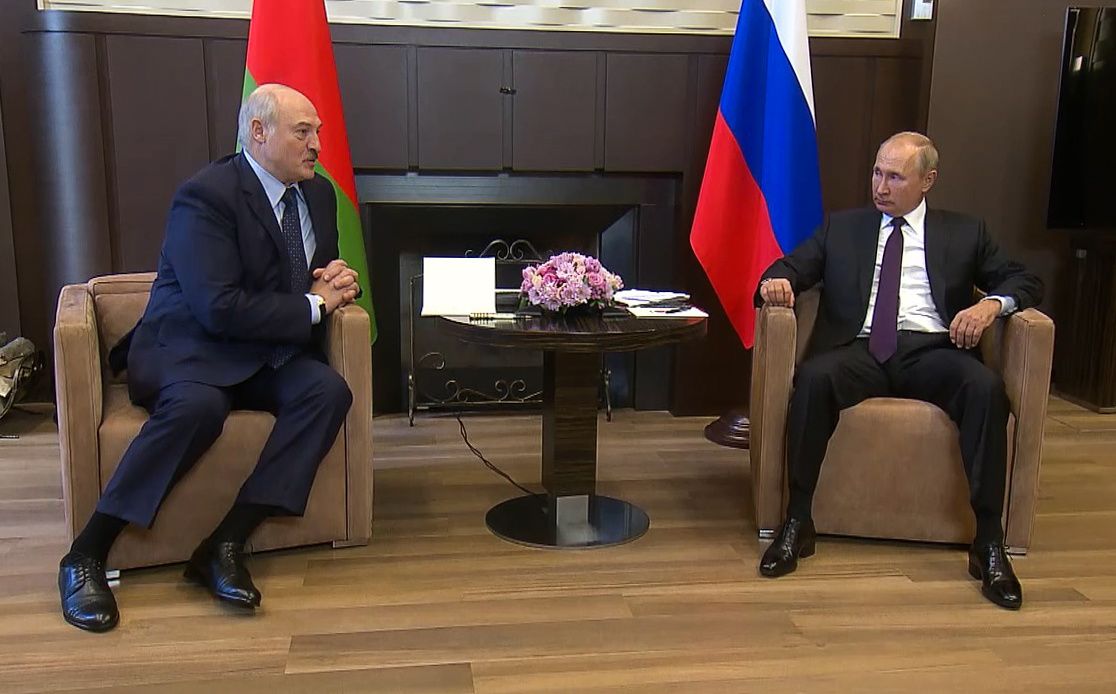In the Shadow of Post-Election Protests: Lukashenka’s Visit to Russia

What is the context of the meeting?
Since the election on 9 August, there have been massive protests in Belarus, brutally suppressed by police forces. The protesters’ main demand is to hold new free and fair elections. Lukashenka has accused Western countries of inspiring the protests and seeking to destabilise the country, and at the same time he asked the Russian authorities for help.
For Lukashenka, the visit to Sochi was supposed to be confirmation of Russia’s support and a signal to Belarusian government structures, including powerful ministries, that the Belarusian president still enjoys the trust of the Russian side. At the same time, it was some kind of warning to Western countries that they shouldn’t support the Belarusian opposition.
What happened during the meeting?
The main topics of the talks in Sochi—Lukashenka’s first working foreign visit after the election—was further integration under the Union State Treaty, although no decisions were announced. The two presidents also talked about deepening economic and energy cooperation, although up until the elections Belarus had declared the need to diversify its oil suppliers. Putin declared that Russia was ready to grant Belarus a loan of $1.5 billion. Security cooperation was also an important topic of the talks. Putin and Lukashenka emphasised the importance of joint military drills and announced that they would conduct a series of joint exercises.
What will Russia’s strategy be?
Russia will gradually deepen the integration of both countries, however, while maintaining the appearance of political separateness. It will focus on economic cooperation (investments, loans, takeovers of enterprises) and military cooperation, which are the most important aspects from its perspective. The aim of the current conservative attitude towards deeper integration is not to antagonise Belarusian society. Russia will also use Lukashenka’s declarations to reform the constitution to reduce the president’s mandate and to call new presidential and parliamentary elections to interfere in this process. Thus, Lukashenka’s political future will depend to a large extent on the policy of the Russian government. At the same time, by increasing its influence in Belarus, Russia wants to limit the Belarusian authorities’ possibilities of future cooperation with Western countries.
What will be the likely consequences of the meeting?
Russian support means that Lukashenka will not seek to solve the political crisis through talks with representatives of the opposition and instead an increase in the repression can be expected.
Russia has set itself up as the guarantor of stability in Belarus and will seek to subordinate the country more and more in the coming months. It also means that on the international forum, Russia will position itself as the country responsible for regulating the crisis in Belarus, limiting the role of Western countries or international organisations such as the OSCE or the UN, for example, in mediation between the authorities and the opposition. This will make it difficult for countries like Poland to support Belarusian society. Moreover, opting for integration with Russia means that Belarus will not be interested in continuing its current cooperation with the EU and the U.S.


